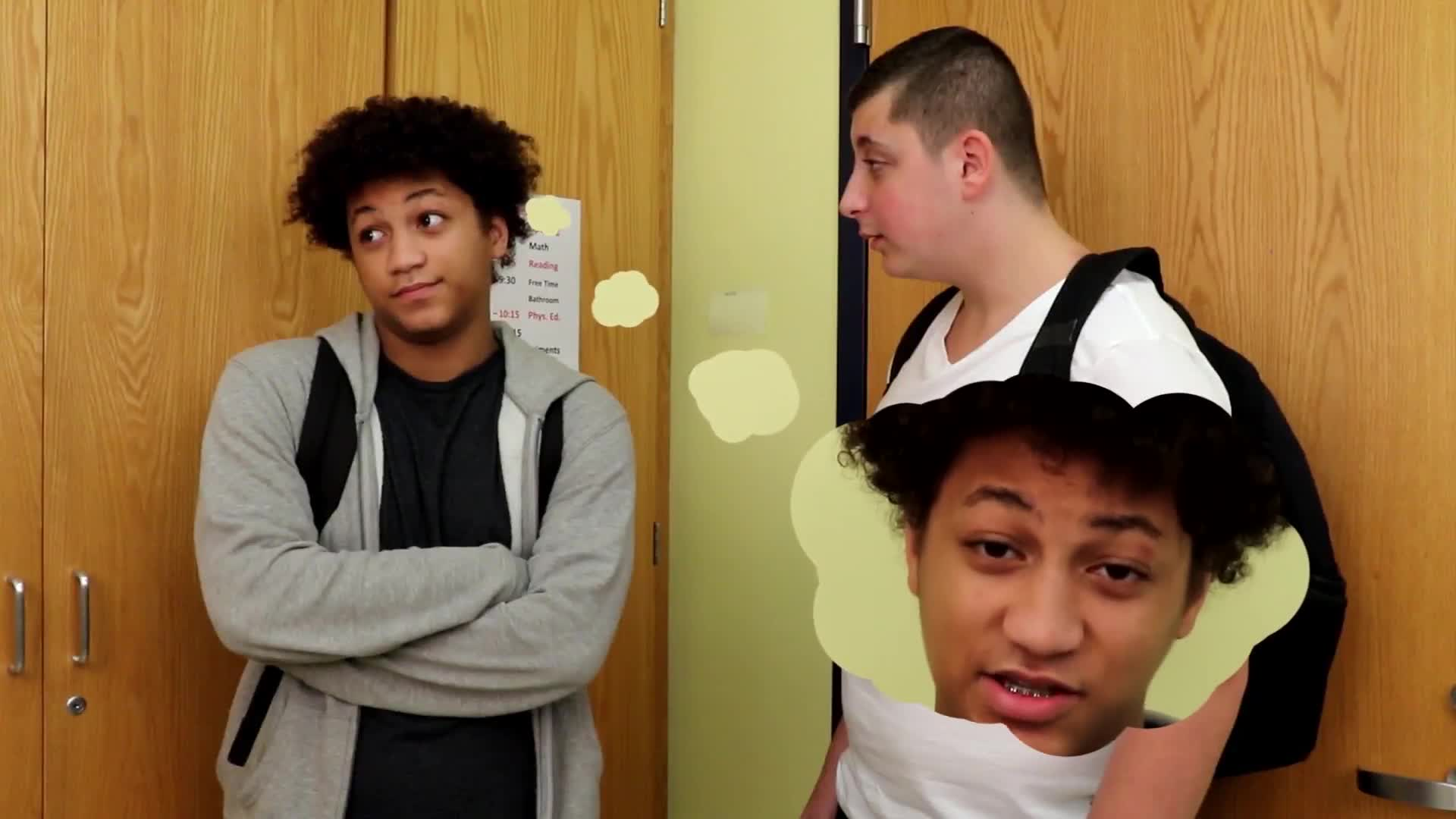Understanding and navigating social situations can be a challenge for many middle school students. One key aspect of social interaction is conversation skills, which can be divided into Conversation Drivers and Conversation Stoppers. In this blog post, we will discuss an engaging and interactive activity called Fork in the Road, designed to help students explore the impact of different conversational choices. By participating in this activity, students will learn how their decision to drive a conversation or stop it can influence the feelings of others around them.
No-Prep Activity: Fork in the Road Game
The Fork in the Road game is a simple, no-prep activity that requires no materials or preparation from the educator. It is based on a scenario where the main character faces a Social Fork, a moment when they can control the direction of the interaction. The character can choose to drive the conversation forward or stop it, leading to different outcomes. The students’ task is to determine the best path for the character to take.
Here’s how to play the game:
- Present a scenario to the students, like the one provided in the introduction, where the character faces a Social Fork.
- Ask the students to think about the possible outcomes of each choice: driving the conversation forward or stopping it.
- Discuss the consequences of each choice and how it might make others feel. Encourage students to think about the impact of their conversational choices on the emotions of others.
- Repeat the game with different scenarios, allowing students to practice making decisions in various social situations.
Discussion Questions
After playing the Fork in the Road game, use the following questions to stimulate further discussion and reflection:
- How did the character’s choice to drive the conversation or stop it affect the feelings of others in the scenario?
- Can you think of a time when you faced a Social Fork in your own life? How did your decision impact the conversation and the feelings of others involved?
- What are some strategies you can use to drive a conversation forward without dominating it?
- How can you recognize when it is appropriate to use a conversation stopper?
- Why is it important to consider the feelings of others when making conversational choices?
Related Skills
Beyond Conversation Drivers and Conversation Stoppers, there are many other social-emotional learning skills that can help students navigate social situations effectively. Some related skills to consider teaching include:
- Active listening: Encouraging students to listen carefully to others and respond thoughtfully can improve their conversational skills.
- Empathy: Teaching students to understand and share the feelings of others can help them make better decisions in social situations.
- Non-verbal communication: Understanding body language and facial expressions can provide important context for conversations.
- Conflict resolution: Learning to resolve disagreements and misunderstandings can improve the quality of students’ social interactions.
Next Steps
If you found the Fork in the Road activity helpful and are interested in exploring more social-emotional learning resources, we invite you to check out our free sample materials. These resources cover a wide range of skills and can be easily integrated into your lessons to support the social-emotional growth of your middle school students.






